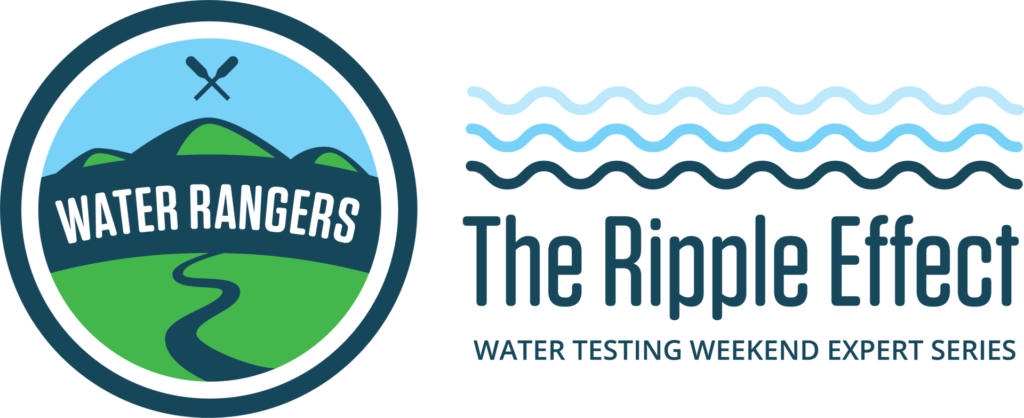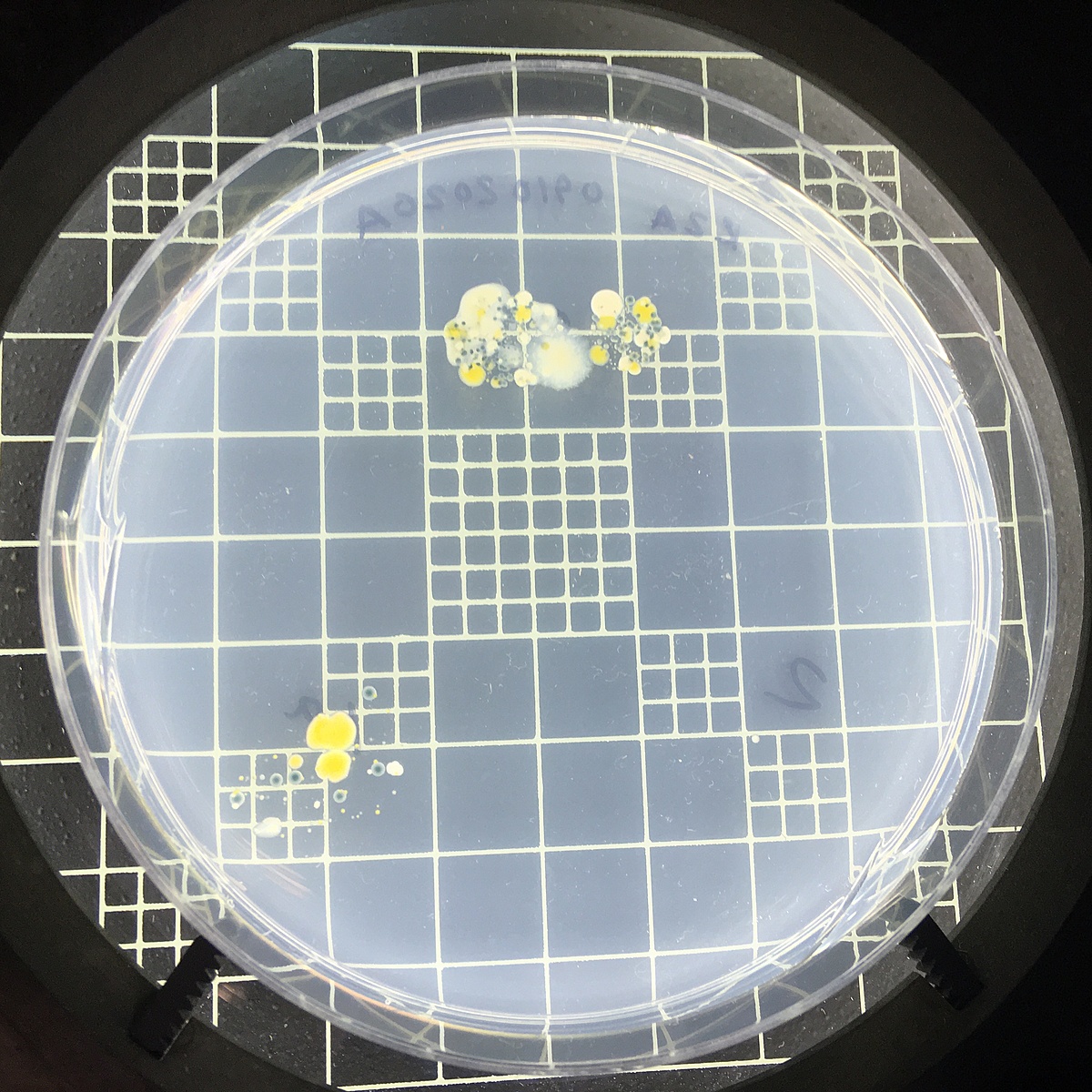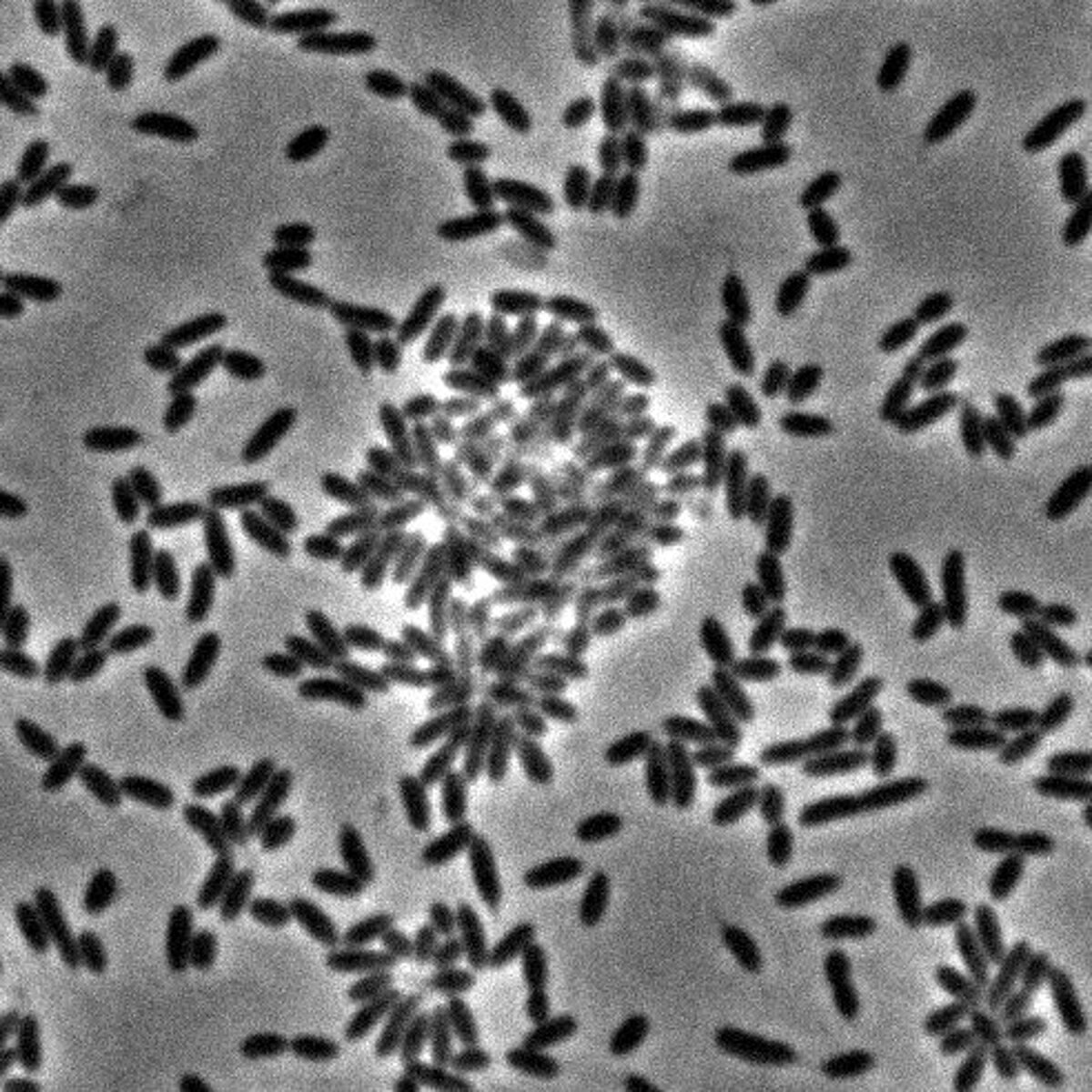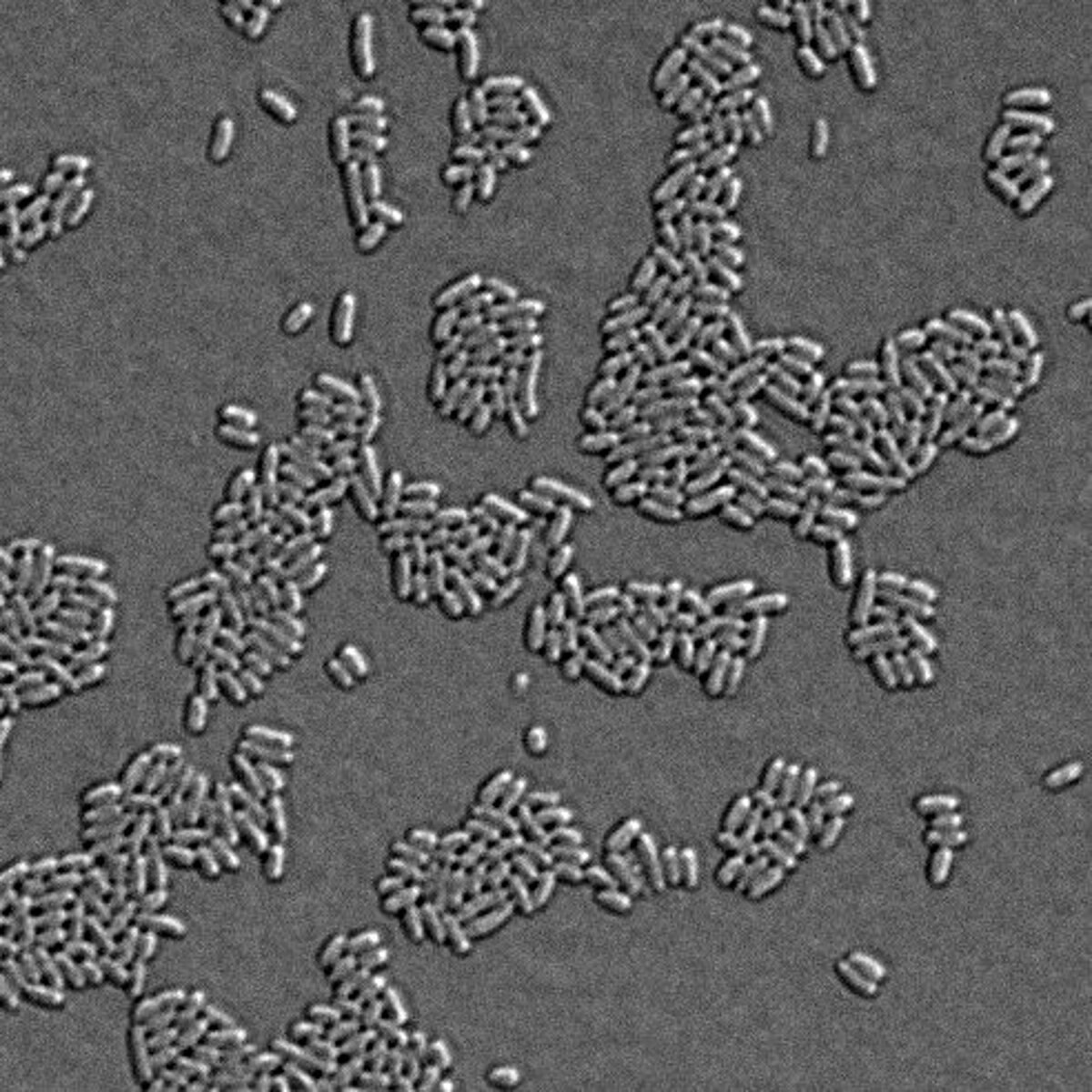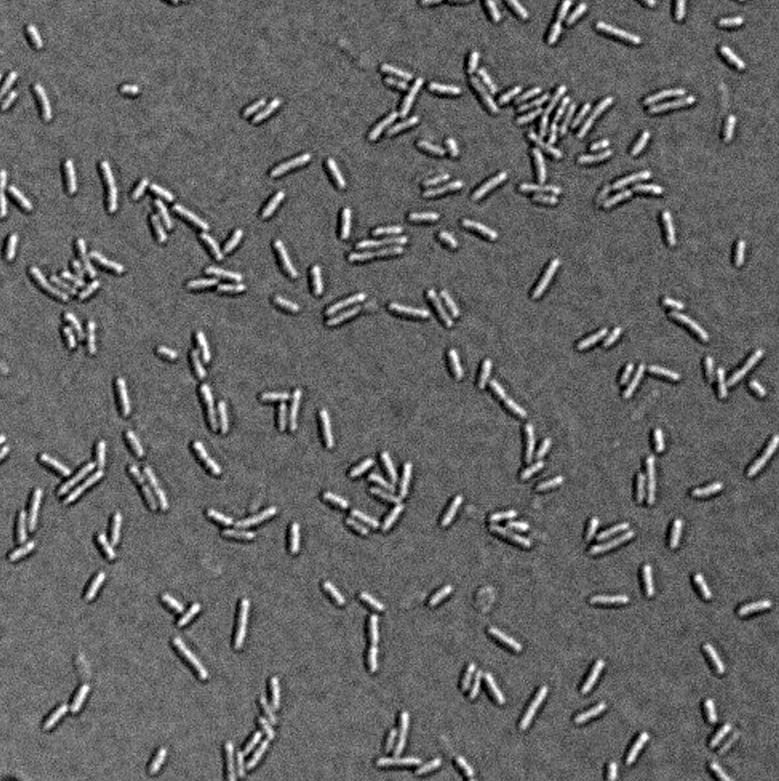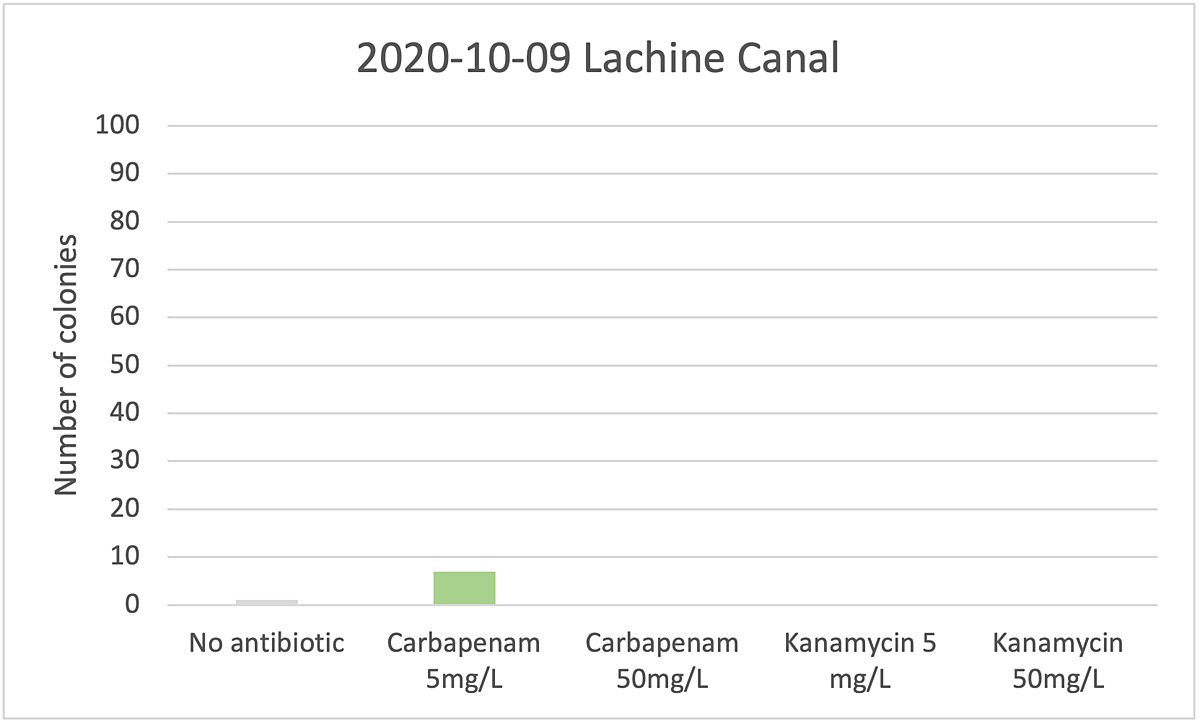Ripple Effect Episode 4: Les Scientifines
Welcome to the June edition of The Ripple Effect! On Water Testing Weekends (the last Sunday of every month), we encourage you to get out and test your local waterways (alternative testing days are Friday, Saturday, and Monday). In celebration of this, “The Ripple Effect,” aka our water testing weekend expert series, aims to shine a light on individuals and organizations who are making a difference in the water world.
When it comes to protecting waterways, community-based water monitoring is often just one piece of an incredible ecosystem of actions. So, we’re recruiting people who can help us deepen our knowledge and bring us new ideas. They’re community champions, data experts, scientists, knowledge holders, and more. Join us as we learn from these experts and deepen our knowledge of the monitoring ecosystem!
Introducing… Les Scientifines!
It was late afternoon on a muggy spring day in Montreal but there was excitement in the air. The girls sat quietly buzzing while a team of microbiologists from the University of Montreal set up microscopes, water buckets, and petri dishes.
Nora Hamadou, program facilitator for Les Scientifines for the past 13 years, quieted down the girls. Arriving at Les Scientifines’ St Leonard service point, an underserved area when it comes to afterschool programs, the budding scientists, aged 10 to 12, were excited to put their curious minds to work. As they settle, Farah Charouf and Marie Delaby from the University of Montreal explained how the girls will grow bacteria found on various surfaces and in water using the petri dishes over the next week.
At the end of the activity, we spoke to Nora about her work with Les Scientifines. The non-profit is committed to giving young girls the opportunity to learn about and try all sorts of scientific activities, from electrical montages, to cultivating bacteria and, of course, water testing. Each activity also helps develop transversal skills: critical thinking, problem-solving, or team building. Founded in 1987 by four women from the School of Social Work at the University of Montreal, it remains to this day the only free program in the Greater Montreal area that offers free STEM (science, technology, engineering and mathematics) and transversal learning programs for girls 8-17.
“We also have guests who we ask to come and present activities in engineering or chemistry, or in other fields. […] If they want to go into science, they know it exists. They know they are capable of doing it.” – Nora Hamadou
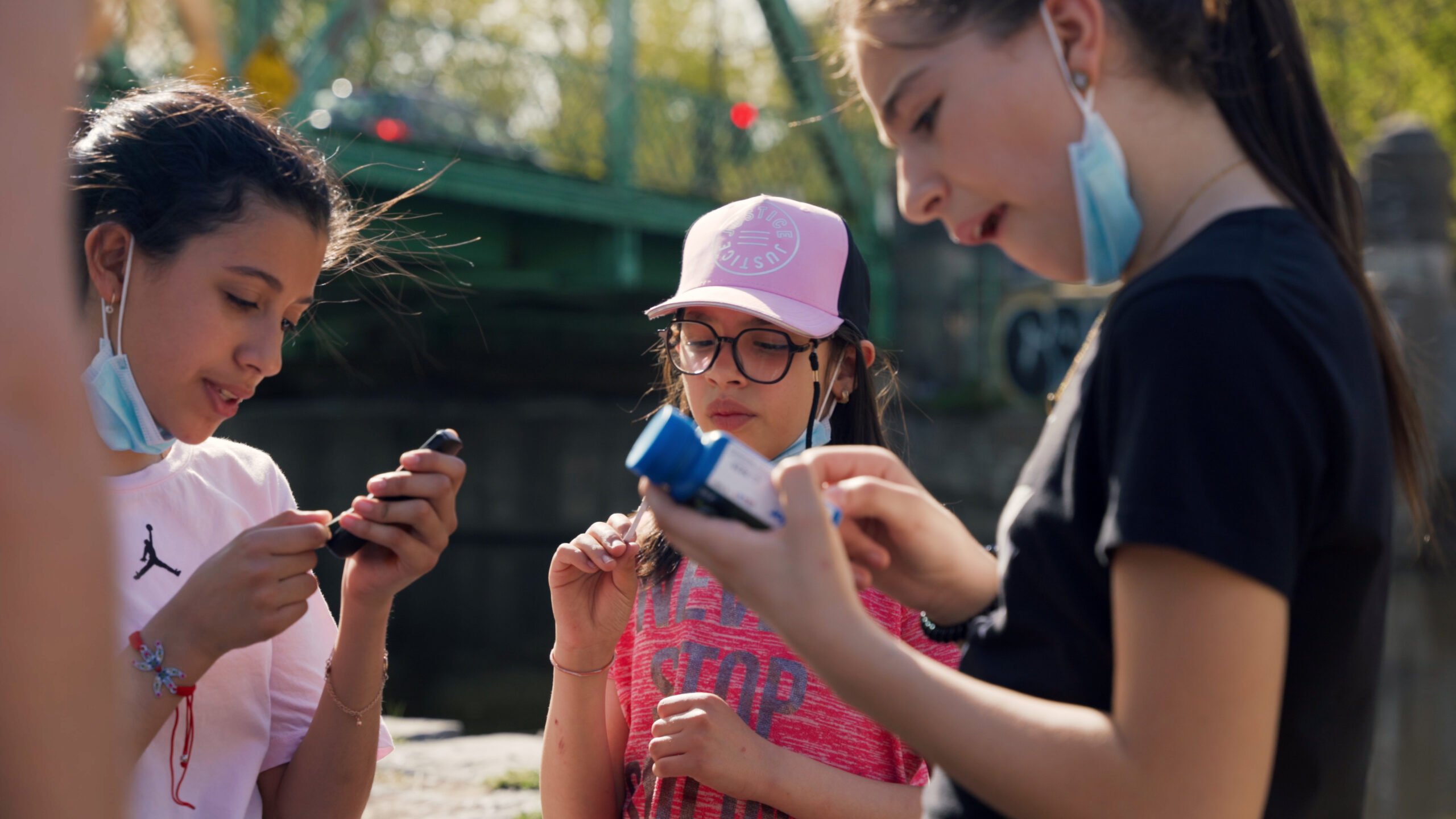
Contributing to participatory science
Since 2020, Les Scientifines has been helping the Brun Lab in the Faculty of Medicine of the Montreal University with their outreach program. The lab, run by Dr. Brun, seeks to better understand how bacteria function. This will help combat harmful bacteria.
Harmful bacteria becoming resistant to antibiotics is a growing concern. That means we can’t easily kill them because they are no longer affected by antibiotics; our main method of keeping their numbers under control. As Dr. Brun told us, in 2019, more people died from antibiotic resistant bacteria than from the COVID-19 virus in 2020 globally. Learning as much as we can about bacteria will help us better fight them.
The public has an important role to play in this project. People can contribute water samples from their surroundings that are then sent to the lab to test for antibiotic resistance. This crowdsourcing will allow the lab to map where there is antibiotic resistance in the environment and possibly detect new strains of bacteria that have become antibiotic resistant.
“I think it’s very important to involve members of the public in research because it teaches them to understand how research is done. What is a discovery? How do we obtain verifiable facts that can be used to advance knowledge.” – Dr. Yves Brun
Les Scientifines are helping the Brun Lab by creating training videos for their outreach program. With the help of Water Rangers, the Lab put together small water sampling kits. Like our tiny kits, these measure basic water quality health parameters, but they also allow people to take a water sample that is sent to the Brun Lab to analyze for the presence of antibiotic resistant bacteria. Les Scientifines’ training video explains how to use the kits, upload your data to the Water Rangers platform and why it’s important for people to get involved. The Brun Lab’s “micro” kits were distributed through local libraries and outreach events. You can see some of the results of the antibiotic resistant testing on the Brun Lab’s app group. The gallery below gives an example of the data collected and shared about bacteria using the micro kits at Lachine Canal in Montreal.
Hope for the future
When talking about Les Scientifines helping young girls build confidence, Nora’s face lights up. She’s hopeful that this program is equipping the girls for any type of career they might want. More than that, it’s making friendships and creating a supportive community where they feel comfortable asking questions and learning STEM.
Previous episodes of the Ripple Effect
- In May, we featured Lawrence Gunther from Blue Fish Canada
- In April, we featured Annie Michaud from Niagara College
- In March, we featured Simon Bleach and Alistair Young from the River Wey Trust
- Follow us on Twitter, Instagram, and Facebook when we release the next one!
Thank you to the National Research Council for helping to fund Water Testing Weekends and this expert series.
